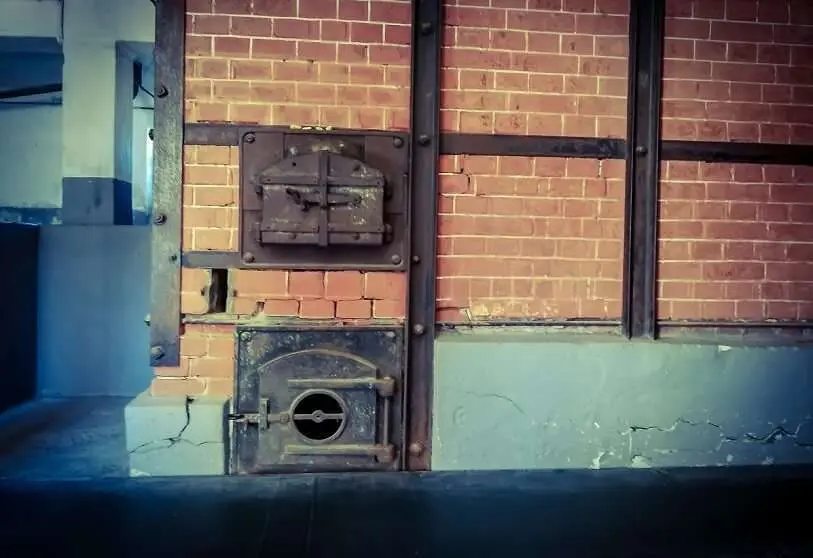Mauthausen-Barcelona-Tel Aviv

If it were not for the periodic commemorations of the events that have marked history, the existence of the human race would hardly differ from that of animals: to be born, grow up and die without leaving a trace or memory. Events which in many cases were tragic, and which, despite man's determination to repeat similar hecatombs, should be remembered, even if only to try to ensure that atrocities are not committed again, or at least that they remain subject to humanity's spiritual condemnation.
This is Holocaust Remembrance Month, an occasion to remember that the National Socialist regime that ruled Germany between 1933 and 1945 exterminated almost ten million people, including six million Jews and the rest belonging to groups considered enemies of the German Third Reich: gypsies, members of what is today known as the LGTBI collective, Jehovah's Witnesses, "asocials" and political opponents. In addition, among the political opponents of Nazism were the Spanish Republicans, exiled in France after the victory of Franco's army in the Civil War. The history of Jews and Spanish Republicans intersected in the Nazi concentration camps, where they embarked on a parallel path under the oppression to which they were subjected. This small aspect of that history can be seen in the Centro Sefarad-Israel, where the written and graphic testimonies of the more than 7,000 Spaniards and 170,000 Jews who passed through the Mauthausen concentration camp, a complex of 40 facilities in the vicinity of Linz, destined for the exploitation and extermination of its prisoners, can be seen.
Between January and February 1939 alone, half a million people crossed the Pyrenees, most of them from Catalonia. The French government improvised their reception, pressuring many to return to Spain. Many others managed to avail themselves of the hospitality of third countries, but several thousand managed to stay in France. Some of them were used as cannon fodder on the front line when the German army invaded France in its unstoppable "Blitzkrieg". Enlisted in the Foreign Legion, the Volunteer Marching Regiments or the Foreign Workers' Companies, 80,000 Spaniards joined these organisations.
The fact that the Spanish exodus into exile was largely channelled through Catalonia and that many of those who fled were Catalans forged special ties between the Spaniards who suffered and died in Mauthausen and the Jews interned in the camp with the priority objective of making them disappear from the face of the earth. The Catalan Francesc Boix, known as the photographer of Mauthausen, is responsible for preserving the negatives of the photos that he himself, Antonio García and José Cereceda took of daily life in the camp, and which the Germans tried to make disappear so that the Allies would not find evidence of the genocide. Those photos, together with Boix's own statement, served as damning evidence against the Nazi leaders in the Nuremberg and Dachau trials, held in 1945 and 1946.
One of the fruits of these ties was the twinning in 1998 between the cities of Barcelona and Tel Aviv. In the Catalan capital, its current mayor, Ada Colau, is promoting the rupture of this union under the guise of accusing the State of Israel of having implemented an "apartheid" regime, a boycott that also includes urging the severance of relations with Israel.
The Federation of Jewish Communities of Spain (FCJE) describes as "alarming" the slogan of the boycott campaign, "Barcelona amb l'apartheid no", and calls on the entire Barcelona City Council, like its predecessors, to allow the city to continue building bridges of harmony and avoid promoting discourse of rejection and isolation.
The FCJE reminds Colau that both Barcelona and Tel Aviv society are open and welcoming; recognised leaders in many fields such as the organisation of high-tech congresses; magnets for attracting investment, start-ups and tourism; discoverers of art and culture; defenders of LGBT rights and a welcoming port for all. A more than subtle reminder that Barcelona's attempt to retrace history and promote a condemnation of Israel would not be without consequences.

